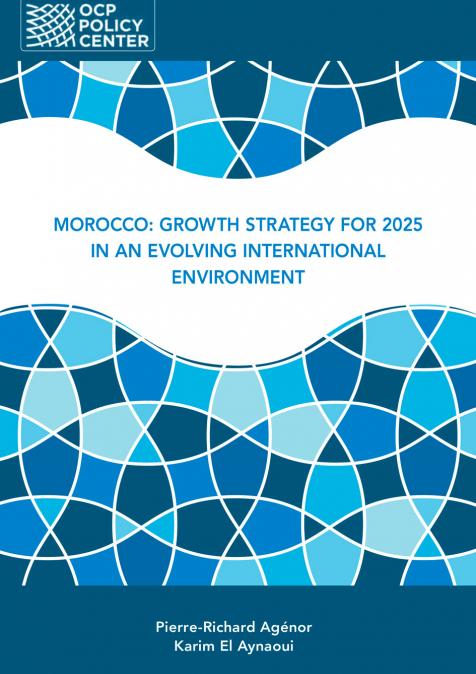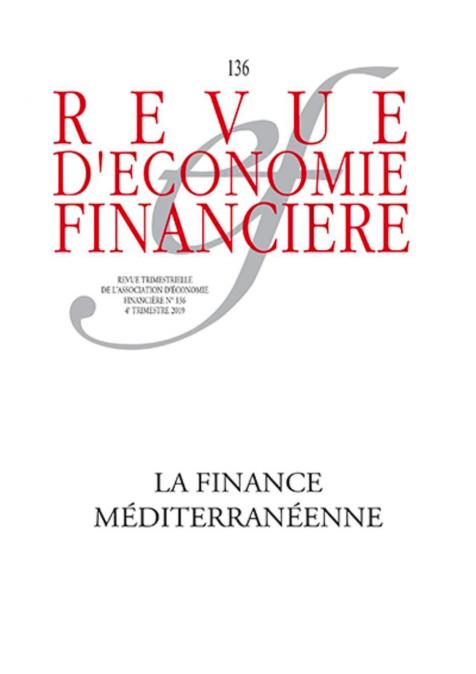Publications /
Policy Paper
This chapter was originally published in the book "Africa–Europe Cooperation and Digital Transformation", co-edited by Chux Daniels, Benedikt Erfoth, and Chloe Teevan
Since the mid-2010s, North African countries have been pursuing what some observers have called a “return to Africa” (Dworkin, 2020). Egypt, Morocco, and Tunisia have attempted to position themselves as major components of Europe- Mediterranean-Africa infrastructure and supply chains corridors (Tanchum, 2020). The three countries are trying to act as bridges between Africa and Europe amid discussions on the evolution of the partnership between the African Union (AU) and the European Union (EU). These eforts have taken place in a global context marked by a “rebirth of industrial policy” (Aiginger & Rodrik, 2020). Discussions around industrial policy, nearshoring, and reshoring have intensifed as a result of the COVID-19 pandemic, which is presented as not only an eco- nomic challenge, but also as an opportunity for industrialisation on both sides of the Mediterranean.





